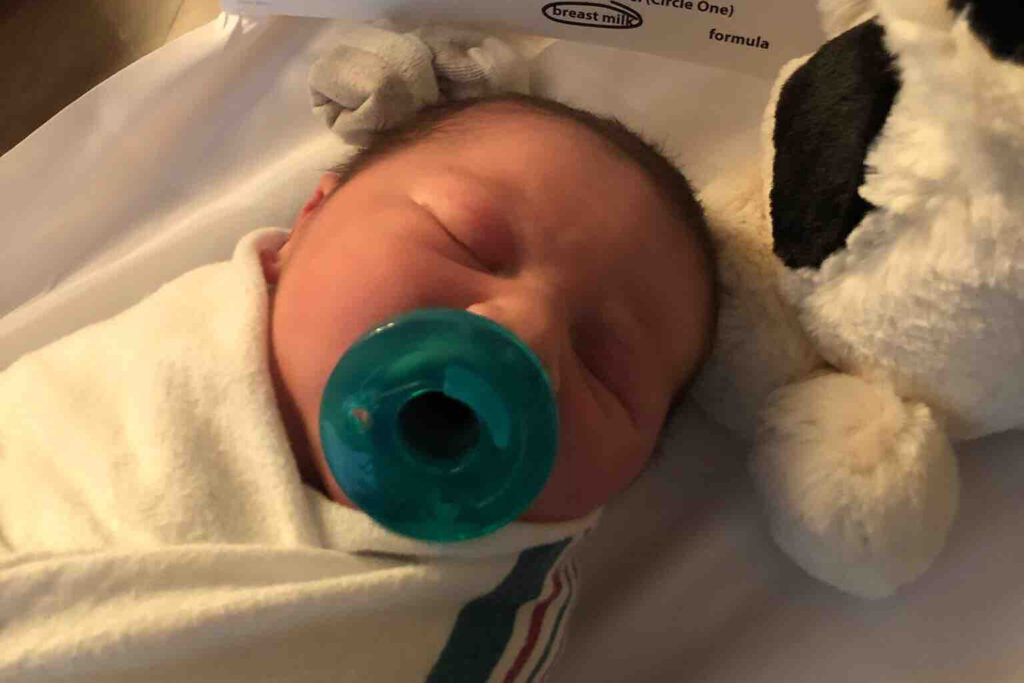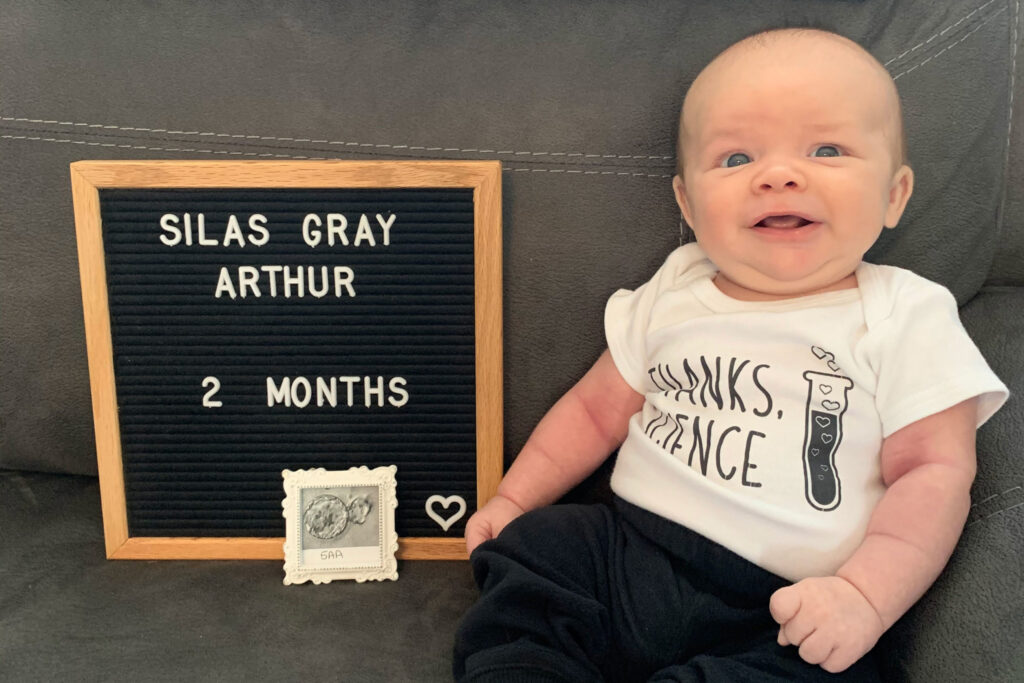We’re explaining the causes of recurrent miscarriage on National Rainbow Baby Day
 During National Rainbow Baby Day, our Tennessee fertility clinic wants to help women learn more about the causes of recurrent miscarriage. Recurrent miscarriage, or two or more miscarriages before 20 weeks of gestation, often indicates that a woman needs care from a fertility clinic. This specialized care gives the woman the best chance of receiving the right infertility diagnosis. This diagnosis can help her get effective treatment and bring home a baby.
During National Rainbow Baby Day, our Tennessee fertility clinic wants to help women learn more about the causes of recurrent miscarriage. Recurrent miscarriage, or two or more miscarriages before 20 weeks of gestation, often indicates that a woman needs care from a fertility clinic. This specialized care gives the woman the best chance of receiving the right infertility diagnosis. This diagnosis can help her get effective treatment and bring home a baby.
Health issues that can lead to recurrent miscarriages
Many genetic, structural and hormonal factors can cause a woman to experience multiple miscarriages. Our Tennessee fertility clinic can help women discover which factor might be causing their pregnancy losses.
Chromosomal abnormalities. The most common cause of miscarriage is aneuploidy, which is the embryo having too many or too few chromosomes. This issue often prevents healthy embryos from forming.
Uterine issues. Fibroids, polyps or scar tissue can cause a miscarriage. A uterine septum (a split uterus) can also contribute to pregnancy loss.
Cervical insufficiency. If the cervix begins to dilate prematurely, pregnancy loss can occur.
Hormonal disorders. Health issues, such as uncontrolled diabetes, thyroid disease or polycystic ovary syndrome (PCOS), can cause an imbalance of hormones. Hormonal issues can then prevent the embryo from implanting in the uterus.
Autoimmune disease. Autoimmune diseases like lupus, Crohn’s disease and rheumatoid arthritis might lead to miscarriage. Antiphospholipid syndrome (APS) can also cause recurrent miscarriage, as it can prevent the embryo from implanting and inhibit the growth of early fetal cells.
The doctors at our clinic use fertility evaluations to pinpoint the causes of recurrent miscarriage.
National Rainbow Baby Day is an ideal time to explore fertility treatments
After reviewing the test results, the doctor makes recommendations for treatments that can help a woman fulfill the dream of motherhood. Even women with no clear infertility diagnosis can become pregnant with these treatments.
Hysteroscopy. A hysteroscopy allows the doctor to correct uterine issues like fibroids, large polyps, scar tissue or other conditions that could lead to recurrent pregnancy loss.
In vitro fertilization (IVF) with preimplantation genetic testing (PGT). If the doctor suspects chromosomal abnormalities are causing a woman’s pregnancy losses, they’ll likely suggest IVF with PGT. This treatment helps the doctor transfer a healthy embryo into the woman’s uterus.
Medication for excessive blood clotting. Women with autoimmune diseases could benefit from taking medications like aspirin and heparin under the supervision of a fertility specialist.
Medication for hormonal issues. The doctor might prescribe medication to help correct hormone imbalances in women.
Our Tennessee fertility clinic works closely with women to help them discover if one of the causes of recurrent miscarriage is preventing them from building a family. We then guide women in the process of bypassing their fertility barriers.
If you’re experiencing recurrent pregnancy loss, we encourage you to use National Rainbow Baby Day as motivation to schedule a consultation with our clinic. Contact us for more information about National Rainbow Baby Day.







